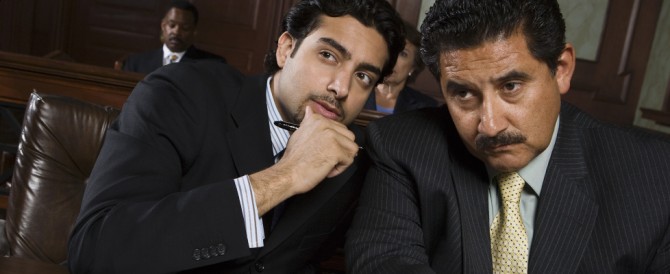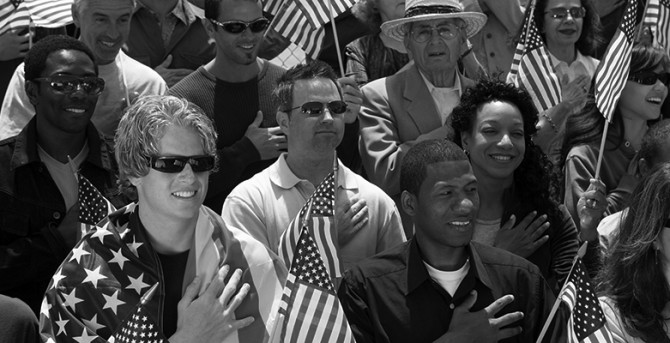Freedom of Speech
In the United States, freedom of speech and freedom of the press are fundamental rights, as outlined in the First Amendment to the American Constitution that came into effect in 1791. These rights are also protected by state constitutions and laws that exist at both the federal and state levels, although they are not considered absolute. There are several exclusions to the law, most of which are believed to bring undue harm or stress to an individual or group. In situations where the consequences of free speech or press are questionable, it is the responsibility of the Supreme Court to assess the case and make a ruling. The Constitution considers political, commercial, and symbolic speech as included in freedom of speech. Symbolic speech, also known as expressive conduct, may refer to messages that are not explicitly spoken, but are communicated through some other means, such as: messages written in code, computer software, formulae, flag-burning, book-burning, political marches, vows of silence, symbols on clothing, etc.
Legal Issues
Some of the legal issues surrounding freedom of speech include exemptions to the law. Currently, there are several types of restrictions to the freedom of speech law. These include: speech that provokes illegal action or fighting, threats, obscenity, child pornography, defamation, speech that results in an invasion of privacy or intentionally inflicts emotional distress. Commercial speech is also subject to scrutiny; companies may not lie or use otherwise misleading information to promote transactions. Political speech may also contradict the First Amendment, if it includes information about campaign contributions or private political expenditures. In addition, military secrets are protected by an exemption to the right to freedom of speech.

Affected Groups
Freedom of speech affects everyone. The right to express one’s own feelings, desires, and convictions without facing persecution is something that most people take for granted in their day-to-day lives. Most people dwell very little on how different the country would be if their right to say and write what they want was taken away. Indeed, freedom of speech is inherent to being able to participate in society, whether politically or otherwise. Most often, though, it is minority groups that desperately need access to freedom of speech in order to overcome disadvantages.
Challenges
Interpreting freedom of speech as it applies on the Internet and on social media platforms is a current challenge for the justice system. A number of recent cases involving “speech crimes” committed online have prompted the Supreme Court to take a closer look at what constitutes freedom of speech and what does not. Cyber-bullying is particularly rampant, especially among adolescents and teens. While this kind of harassment may not necessarily involve direct threats, it can still cause lasting emotional harm. But, the difficulty lies in regulating comments made on sites such as Twitter and Facebook. It’s even more difficult to assess and regulate posts on forums where users are anonymous; in many cases, statements that might otherwise be considered criminal are written off as careless talk, jokes, or exaggeration.
